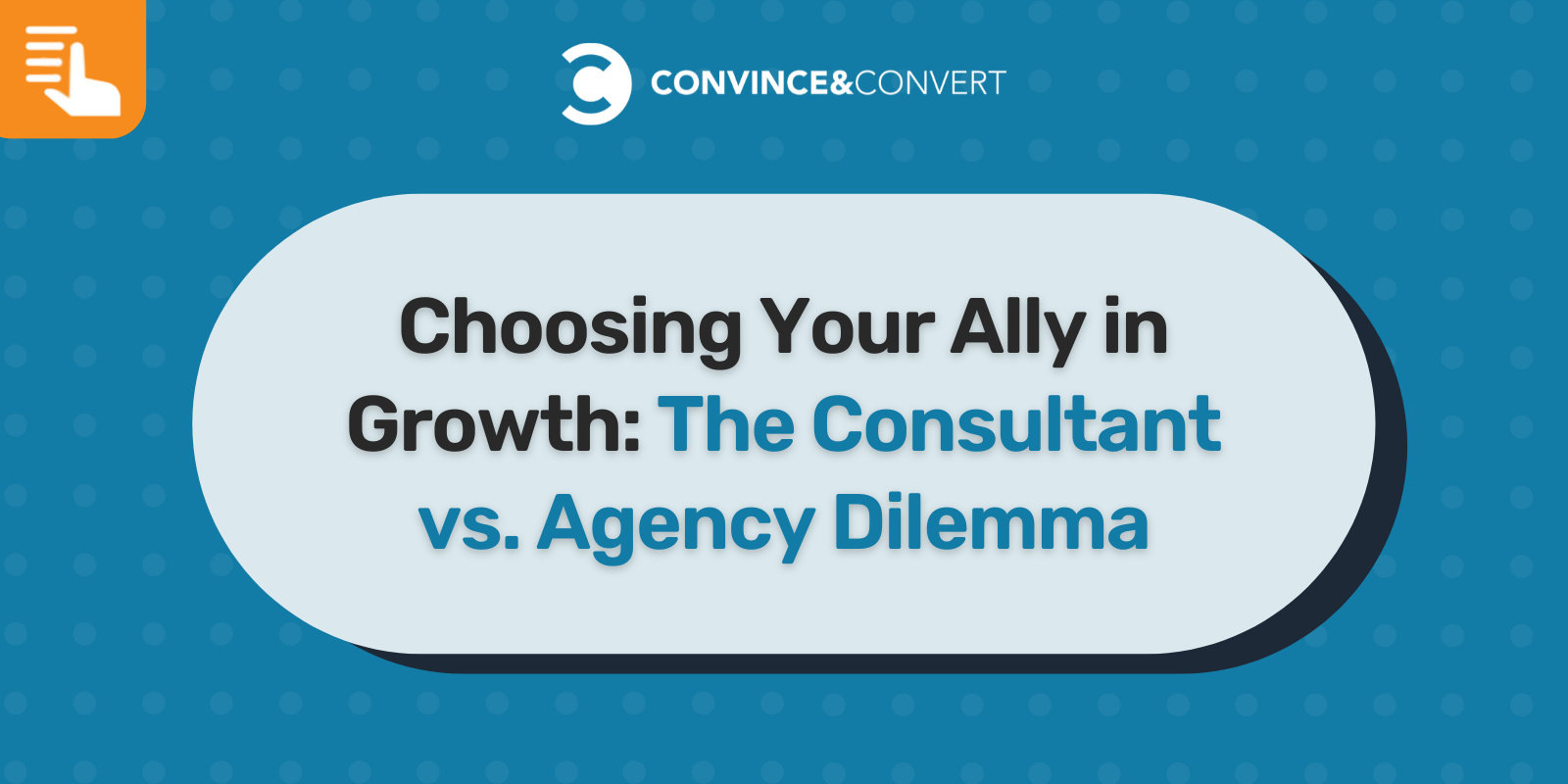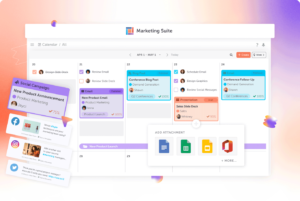So you’re at the point in your business where you’re looking to outsource support, whether it’s fixing an issue, auditing your current techstack, or attempting to scale, and you’re debating between hiring a consultant or an agency? There are many benefits to hiring both, however, there are some things you should first consider before making a decision.
First, let’s identify what exactly is the role of a consultant and an agency?
A consultant is an experienced professional with a broad range of knowledge, but has in-depth expertise in and/or specializes in one or a couple of different subject matters. Consultants act as a partner or an advisor to the client — the organization or company and are usually sought after to typically help solve an issue or consult on ways a company or organization can improve. These services to clients are temporary, and can vary in different areas of the business such as operations, web development, marketing strategy, project management, digital marketing, social media, and much more.
When it comes to the role of an agency, they are typically an organization, business, or firm that is meant to serve a specific need or service for a client, organization, or business. If you’re looking for more resources to execute campaigns and deliver on large-scale projects, you tend to look to agencies for this as they execute on what you already have planned or an already-existing strategy as they have more “hands on deck.”
When you’re in the position to start looking for outside support, it’s important to analyze what exactly you need support in. Do you know the timing needed for this project? What is the range of your current budget? Do you have enough internal resources? From there, you can start to build a case for one over the other aka a consultant vs. an agency. Sometimes organizations can jump too far ahead and want to hire an agency right off the bat to scale fast, but there may be other priority issues within the current structure of operations or processes that may not have been identified that could have been assessed first by a consultant on a smaller scale and price tag to identify and resolve. It’s always better to move slowly at the start when it comes to investing in your company or organization’s long-term success.
The benefits of working with a consultancy include but are not limited to the following:
- Diversity in Expertise – Consultants are knowledgeable in many areas and can bring a variety of skills to the table, however, they can dive deep in particular areas that are needed.
- Less Overhead; More Agile – Consultants usually work solo or in small team of experts at a consulting firm. Due to the independent nature of the role and less people working on each project, this allows for quick turn-around times and projects to move faster. Agencies have larger teams and more layers of approval internally before the work becomes client-facing.
- Cost Effective – With agencies, there tends to be higher costs and fees due to the size and structure of account teams and the traditional pricing model. Consultants have an advantage of charging most cost-efficiently due to less fees and more structured 1:1 time that is intended to save time.
- Solutions-Oriented – Consultants are advisors and partners who have a specific task they are hired for and can come in and achieve that objective for a particular time-period and provide a plan that will solve the solution and give guidance on long-term success in the form of playbooks for example. Whereas agencies, due to its size and nature, are meant for companies and organizations that desire to scale with larger teams and resources.

The demand for this type of independent support is only increasing. In fact, there has been a rise in independent contractors/consultants and it’s only growing. According to Entrepreneur, “the gig economy is expected to continue its upward trajectory, propelled by its advantages to organizations and workers. For organizations, independent contractors offer a cost-effective way to access specialized skills. They also provide the flexibility to scale up or down depending on business needs.”
It should also come as no surprise that the consulting services sector has expanded at such a fast pace in the last several years, with North America and Europe that have represented the largest regional markets worldwide, according to Statista. The market size of the management consulting services industry, for example, grew by approximately 250 billion U.S. dollars over the last several years. The steady growth of this industry has proven that companies need external consultants with strategic knowledge about business administration, business development, as well as expertise about the industry in which clients operate.
On the other side of the coin though, there are plenty of benefits of hiring an agency such as:
- Equipped to Scale – Agencies are full service and have more resources that cater to arm companies and organizations with a higher volume of work, larger teams, and are equipped to create and execute larger-scale, 360 campaigns that most times companies and organizations don’t have the internal teams or resources to do themselves.
- Larger Teams – Instead of working with one individual, you can have a dedicated account team that serves just your business and can be on-call for any needs.
- Execution-Focused – Whereas consultants come in to provide audits of the current state of the issue or problem the client is facing and then provide solutions such as strategic playbooks for long-term growth and success, agencies tend to be hired to mainly for execution and larger campaigns that entail more people and moving parts that a larger team can deliver on.
- Variety in Size and Expertise – There are agencies of all sizes and specialties, so companies and organizations can choose the right one based on their budget and needs, and most times, they choose more than one agency for specific support.

Needless to say that there are pros and cons to both depending, but depending on your scope, you have options for support that can cater to your company or organization’s goals. Be self-aware to know when is the right time for either one. Good luck on your search!
The post Choosing Your Ally in Growth: The Consultant vs. Agency Dilemma appeared first on Convince & Convert.




